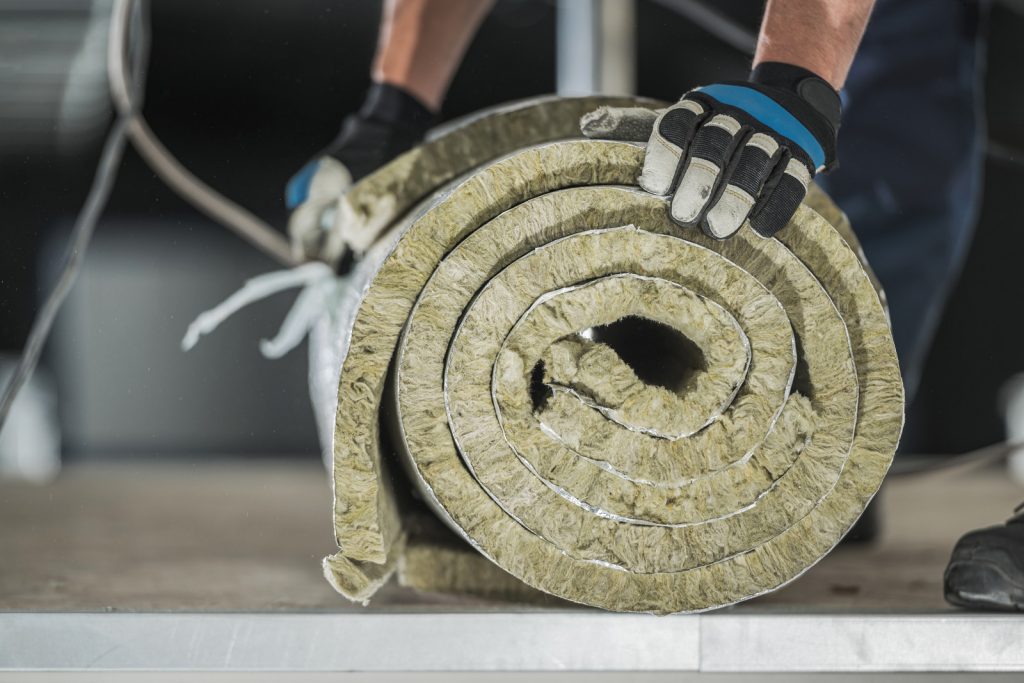Winter usage makes up the majority of an annual energy bill for a typical home so it is important to look at ways to save energy, especially at this time of year. There are many low-cost and no-cost methods that you can use to save during winter.
Quickest ways to cut energy bills at home
The quickest ways to cut energy bills are to check that all radiators in your house are heating up properly and not blocked up; stop draughts entering from gaps in windows and doors; use appliances wisely and turn off from standby when they are not needed; cover up floorboards and tiled floors with rugs and stay active to keep warm.

1. Look for a cheaper energy supplier before winter comes
It’s important to go on the best tariff at the earliest opportunity to benefit from the cheapest rates for the full winter period. Switching half way will mean you end up paying more during the switchover.
But even if the cold months have already started, still look to switch if it will save you money, better late than never.
2. Let your energy supplier know about any help you may need
As soon as you can, contact your supplier and let them know if anyone in your household is over 60 years old, under 5, have a disability or a medical need that requires electrical equipment.
They will put you on the priority services register and can often offer more help and advice, including financially.
Find out more about the help available from Ofgem’s website here.
3. Get a smart meter for the energy monitor
If you’re serious about saving on energy bills, you need to be armed with the right information about your usage over the day, week and month.
The home energy monitor that comes with a smart meter gives you this kind of information and you can use it to see what times of the day and with which appliances you use the most energy.
Contact your energy supplier to get a smart meter fitted.
4. Install or top-up loft insulation
A third of all heat is lost through the walls and loft so getting both of these insulated is a sure way to save on energy bills. Depending on when you first installed loft insulation, check if it can be topped up more to save you the most.
Energy companies are always promoting cavity wall and loft insulation offers so check with your supplier if you can get it free or discounted.

5. Maintain your heating system with annual servicing
Make sure your boiler is working as efficiently as possible by getting it serviced annually. It’s better to get it serviced in the summer so it’s ready for the cold winter period. Breakdowns with your boiler can cause you unexpected and costly repair bills on winter rates.
See here why we recommend Hometree for your boiler cover needs.
Find out more about grants available home heating and insulation measures from simpleenergyadvice.org.uk
6. Check your radiators
If there are air pockets in any radiators, it can reduce their heat which means your boiler has to work harder to get to the temperature you have set. Bleed all your radiators at least before the winter so they are in top shape to radiate heat properly and save energy.
7. Wrap up with warm clothes
Clothes made from wool, cotton or fleecy fabrics are the best type to wear, and it’s better to dress in more layers of thin clothing instead of one thick item of clothing. Wear warm socks indoors and always keep in slippers to keep your feet cosy and maintain your body temperature.

8. Stop draughts from doors and windows
Keep internal doors closed most of the time and use a keyhole cover to block draughts coming in from external doors. Use draught proofing strips on doors and windows, and use draught excluders on the bottom of doors and letter boxes.
Buy thermal linings for curtains to keep the heat in as so much heat is lost through windows.
9. Keep the main room temperature constant
Heat your main living area during the day to 18 – 21⁰C which is around number 3 on your radiator thermostat. This could mean you turn down the thermostat and save energy here. Other areas of the house that you use frequently should also be heated. The rest of the house can be less than this but not below 16⁰C.
10. Use appliances wisely
This is applicable throughout the year but more so in the colder months when you need more heat. Make sure any excess heated water in the kettle is put in a flask for later; Wash clothes at lower temperatures because most detergents can handle that now and save energy and water by waiting until the machine is full before starting the wash; the same goes for the tumble dryer and dishwasher.
You can see how much electricity your appliances use at this website from the Centre for Sustainable Energy (CSE).

11. Cover up floorboards and tile floors
For the winter period at least, cover up floorboards and tile floors with rugs or carpets to stop losing heat and feeling cold when your bare feet touch them.
12. Stay active to keep warm
If it’s too cold to go out, make sure you stay active by exercising at home or doing household tasks to keep you physically busy.
This will help boost your circulation to keep you warm and prevent you sitting still for long periods. When you do sit down, put your feet up as it’s coldest nearest the ground or keep your warmest slippers on.
All this will make you feel warmer and less tempted to turn the heating up.

Summary
Tips to cut energy bills at home:
- Look for a cheaper energy supplier.
- Let your current supplier know about any help you need.
- Have a smart meter fitted to get the energy monitor.
- Install or top up insulation.
- Get your boiler serviced.
- Check the radiators.
- Wrap up in warm clothes.
- Stop draughts from windows and doors.
- Keep the main room temperature constant.
- Use appliances wisely.
- Cover up floorboards and tiled floors.
- Stay active to keep warm.
For more ideas on how to cut costs, visit the citizens advice website.
*The information in this article should be used for general guidance only and not as financial or health advice. Full details are on the link in the footer to our disclaimer page. Always discuss your requirements with a competent and suitably qualified professional before undertaking any work.
